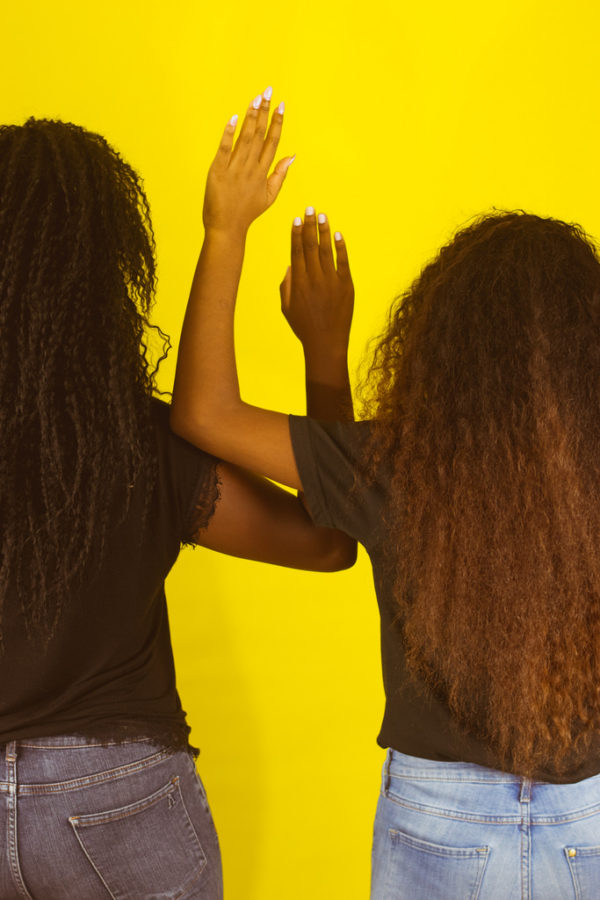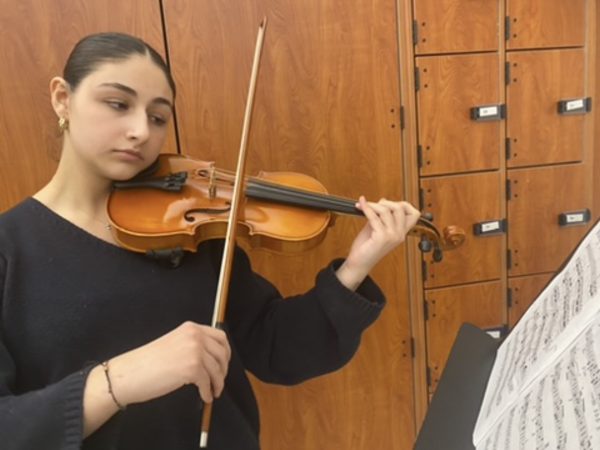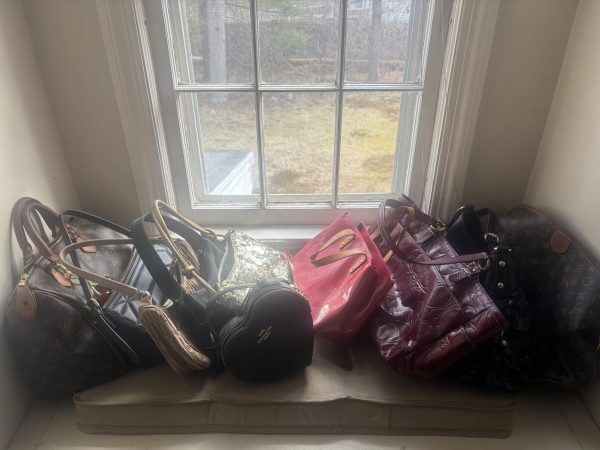Dear High School Boys,
If not all of us, most of us have been obsessed over Spike Lee’s recreation of his 1986 film “She’s gotta have it” now a Netflix Original. Tonya Lewis Lee; the co-producer of the show and also the creator, Spike Lee’s wife, describes Nola Darling as, “a young black woman who’s really leading her life like a man, in control, with three men dangling at her fingertips.” Tonya among many other people, is what inspired my research.
Most people don’t know that the recreation was produced by women beside Spike Lee. Throughout media and just in a day to day reality, people like to pretend they know what us women go through or how we feel.
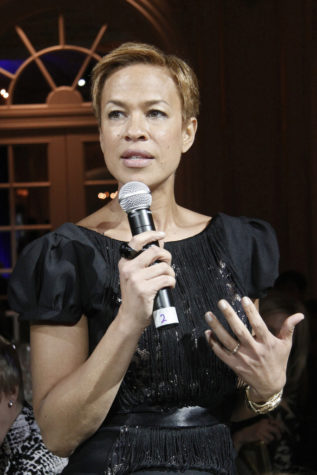
Tonya Lewis Lee
“It (She’s Gotta Have It) was really a special situation that allowed us to create something that feels authentically female,” Tonya Lewis Lee said.
She also says, “Men don’t know what they don’t know, and they walk around in the world in their own bodies and they can’t possibly understand what it’s like to be a woman.”
Let’s do a flashback to the ‘20s. Razors were previously restricted to only men, until industries decided they needed a broader audience. Men decided to tap into women’s emotions, like shame, fear, and love. According to early ‘20s advertisement’s, women wouldn’t be able to wear sleeveless dresses or short dresses or even participate in modern dancing unless they “remove objectionable hair.” Flash forward into 2017: I’m sitting in front of my TV and an advertisement flashes before my eyes: “A woman shaves and gets glowing legs that attract positive attention from her male counterpart.”
I don’t ever think about the meaning behind the commercial, but ironically I’m always reminded that I need to buy razors.
Clearly, 97 years later, and not much has changed.
New York Time’s, D.J.R. Bruckner says, “She (Nola Darling) becomes the battleground; that men don’t challenge one another, but try to change her.”
There are these patterns throughout history and especially in the media; where men are constantly trying to recreate women into their perfect woman. A subtle way of saying, “You aren’t enough.”
We have fought back.
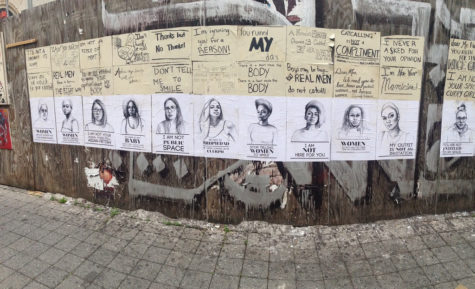
Nola Darling’s most controversial piece of work is called, “my name isn’t..” fighting back to men who catcall women and who believe that a woman is their property. The real life version of this is Tatyana Fazlalizadeh, who did all the art in the tv show. She created a series of works of art entitled, “stop telling women to smile,” about the vulnerability of being a woman.
Singer songwriter Destiny Frasqueri is popularly known as, Princess Nokia, insists that female audience members stand at the front of her shows. “She respects the brotherhood she thinks that it’s just beautiful and very commendable and she respects it, but it’s about time that they get more space than that,” The Guardian stated, referring to women quivering in corners, holding on to their purses.
Destiny Frasqueri says, “.. there was a lot of male dominance surrounding me, wanting to be a fly in my ear and dictate or surmise what I was going to be doing.”
Where does the essential question lie? Within huge companies that won’t grant equal pay until the year 2059 or the individual man who thinks and speaks sexist comments?
I furthered my investigation to more than just online sources. I went to the only source that can make any sense of this: the boys.
From my extremely thorough observations, I’ve discovered that 62% of the guys interviewed, when asked what they want in a girl, said words like “open minded” or “a good personality” or “someone to vibe with” or “someone to make me laugh.”
The other 38% wanted beauty and had sexist expectations.
“I would expect things like that of her here and there; cooking, cleaning, massages after long days of work, here and there,” Christian Ocasio said.
My body straightened and my eyes rolled as a reflex.
To my disbelief he continued to describe his perfect girl: “I look for loyalty, honesty, a good personality.”
I came with expectations of having to listen to their sexist comments and left realizing those fallacious expectations made no sense anymore.
Not only did these guys know what they wanted, but they acknowledged what other guys desire: Julian Romero said, “Most guys just want a cute face to call theirs.”
The dictionary defines “theirs” as: “used to refer to a thing or things belonging to or associated with two or more people or things previously mentioned.”
Then I realized men are referring to women as “things” as a “belonging.” But at the same time they acknowledged how important independence is: “I didn’t want a girl to feel like she needed to depend on a guy in order to be successful,” photographer and high school senior Najee Wilson said.
An independent woman who is a man’s property. Kind of contradicting, isn’t it?
High school graduate: Dallas Goncalves explains his perfect girl as someone who isn’t petty: “A girl that gives out good vibes.”
I sat in bed, put headphones on, listened to the songs on my playlist shift from rap to alternative, and reviewed my notes. Pages of quotes from guys supporting a woman’s right to be independent and to further her career; however, some of you are oblivious to inequality in pay.
You’re oblivious to how you’re favorite commercial is sexualizing women.
You’re oblivious to how you treat women.
As Tonya Lewis Lee said, “he’s a man and the whole world accommodates him.”
You don’t experience the pressure of perfection from the media as much as women.
You don’t fear being raped or assaulted while walking home late at night.
You are not told that because of what you are wearing you deserve to be raped.
You are not shamed when hair is spotted on your arms and legs.
You aren’t constantly being sexualized.
You don’t earn 79 cents for every dollar, nor is your average income $10,800 less than your counterpart.
You aren’t targeted because of your success.
You do not understand the vulnerability of being a woman.
And that will always be the root of the problem. But instead of pretending to understand, realize that you will never understand and try to not change us but to change the inequality.

